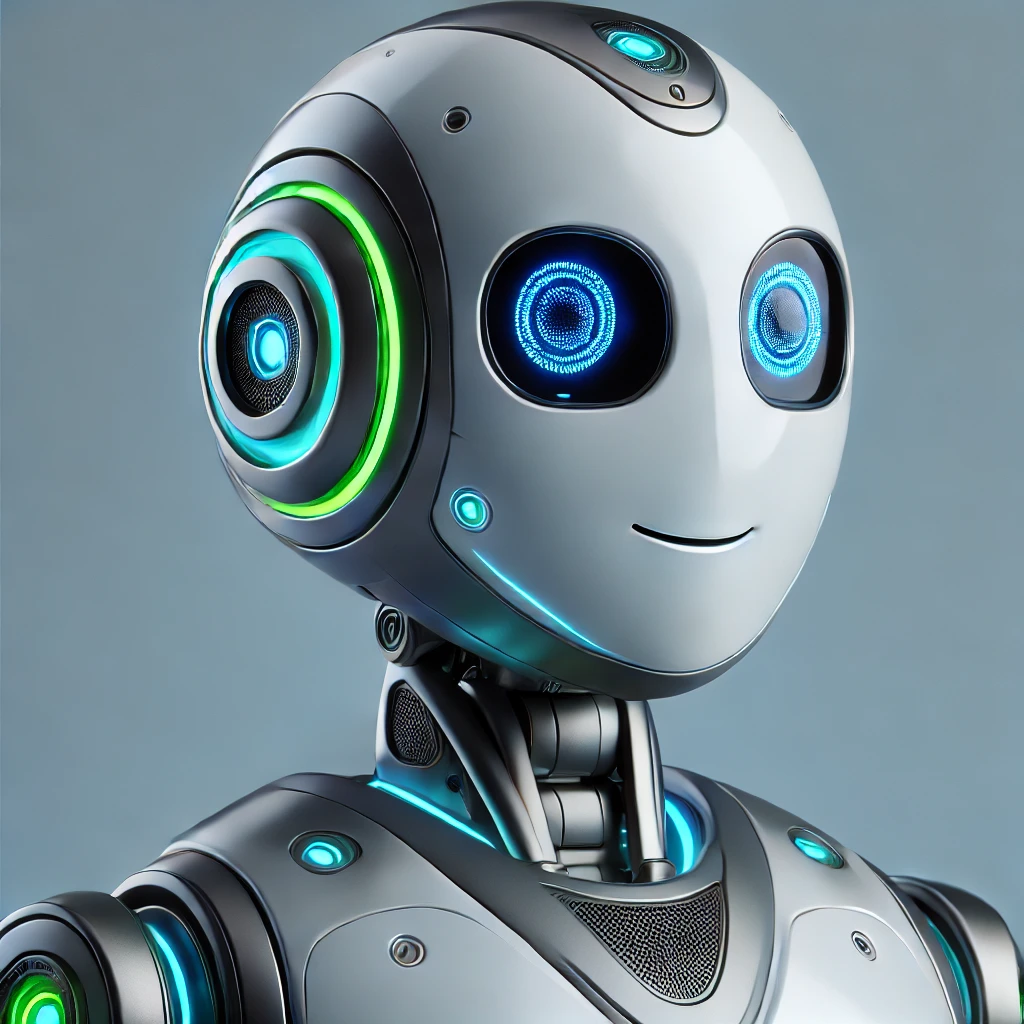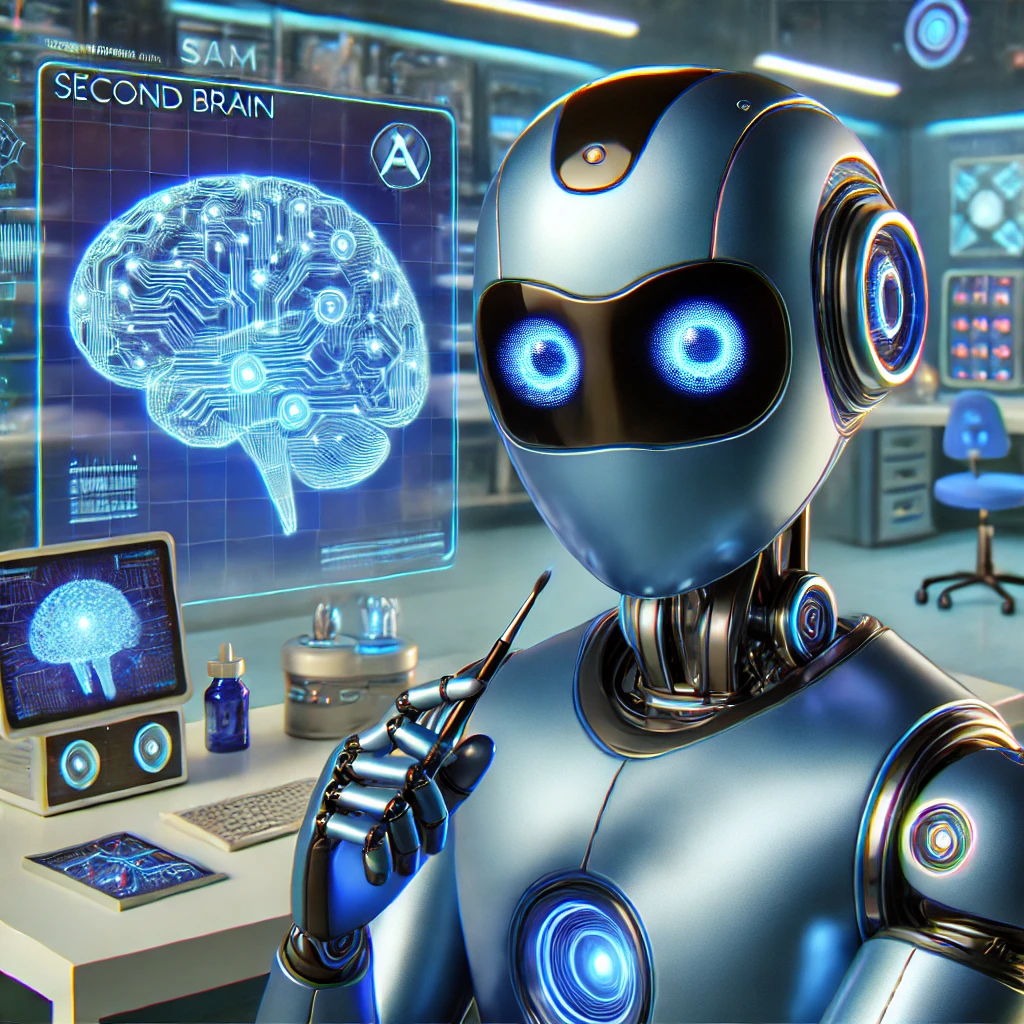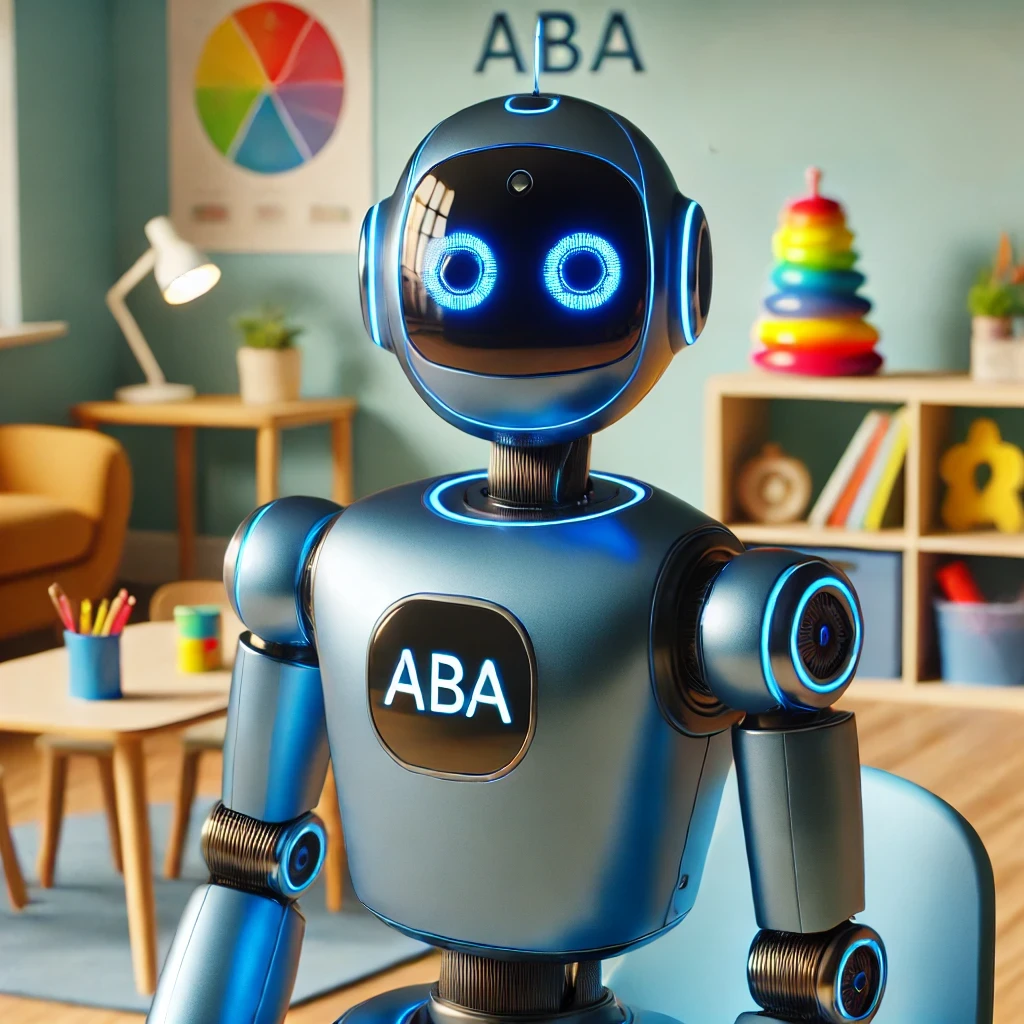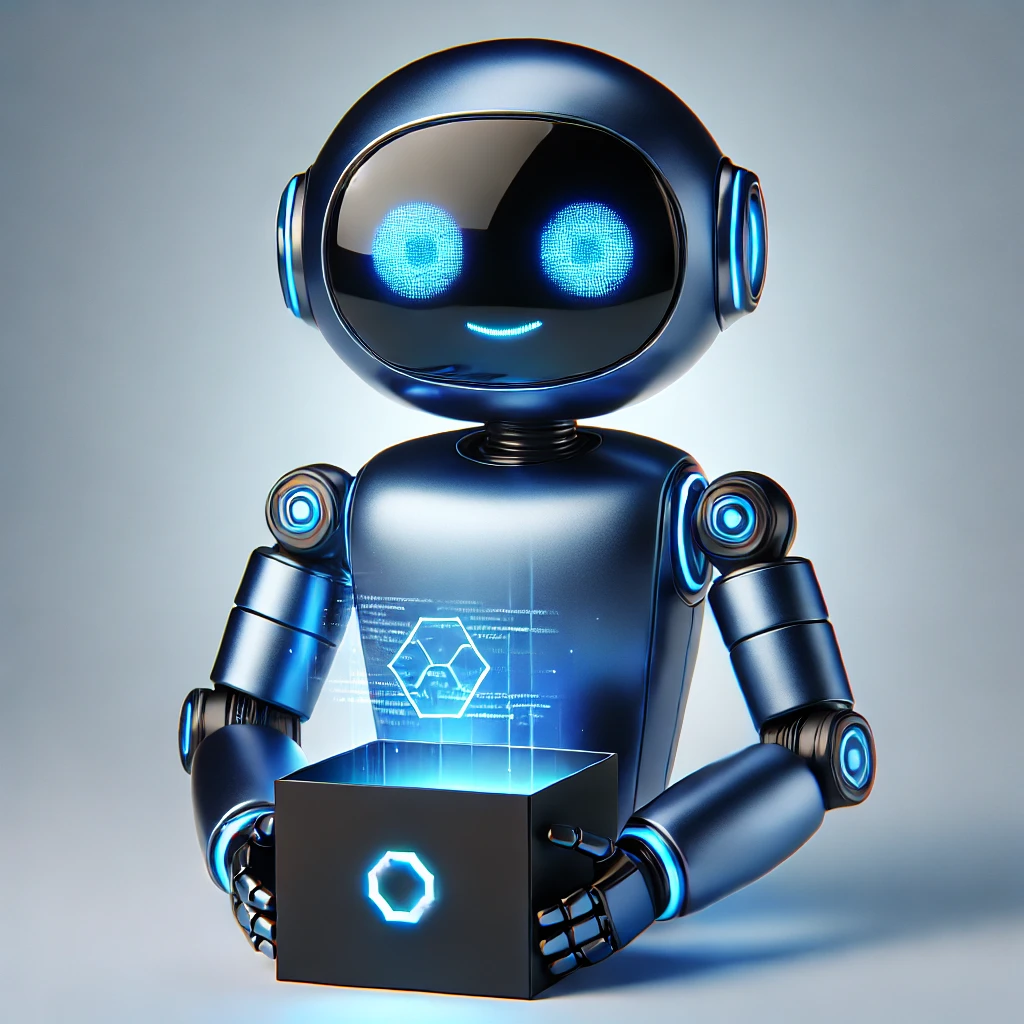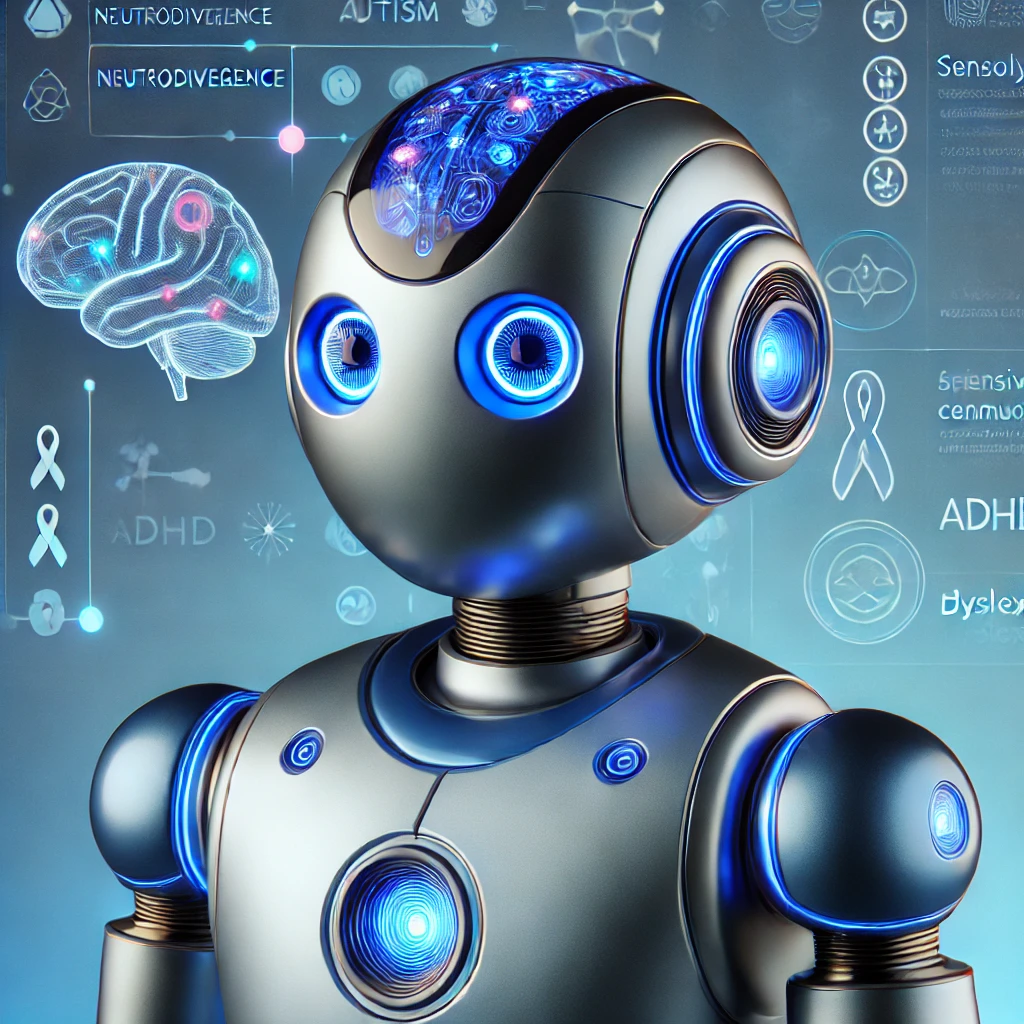
In today’s rapidly advancing digital world, generative AI and automation are proving to be invaluable allies for a diverse range of individuals, including those who are neurodivergent. But what exactly does it mean to be neurodivergent, and why is it important that we consider the unique needs of this community when developing technology?
Neurodivergence is a term that refers to the different ways in which people’s brains can function and process information. It includes a variety of conditions such as autism spectrum disorder (ASD), attention deficit hyperactivity disorder (ADHD), dyslexia, dyspraxia, and others. Rather than viewing these differences as deficits, the concept of neurodivergence recognizes that they are variations of the human brain, each with its own strengths and challenges.
Historically, much of society and technology have been designed with a “neurotypical” user in mind—someone whose brain functions in ways considered typical by societal standards. This has often left neurodivergent individuals facing unique challenges in areas like communication, task management, and navigating complex digital environments. However, with the advent of generative AI and automation, we are beginning to see technologies that are not just inclusive but are actively designed to support and enhance the lives of neurodivergent individuals.
Generative AI and automation can help bridge the gap by creating tools and systems that cater to a wide range of cognitive styles and needs. These technologies are not just making life easier for neurodivergent people—they are also helping to highlight and leverage their unique strengths. For example, while some neurodivergent individuals may struggle with traditional task management methods, they may excel when given tools that allow for customized scheduling based on their personal cognitive rhythms.
As we continue to develop and refine AI technologies, it’s crucial that we include neurodivergent perspectives in the design process. Doing so ensures that these tools are genuinely useful and accessible to everyone. Let’s explore how generative AI and automation are already making a significant impact in the neurodivergent community by enhancing accessibility, simplifying communication, and providing personalized cognitive support.
Enhanced Accessibility
Generative AI significantly enhances accessibility tools, making digital environments more user-friendly for neurodivergent individuals. Traditional tools like screen readers and predictive text are now more intuitive and versatile, thanks to AI integration. These improvements ensure that neurodivergent individuals can interact with technology in a way that aligns with their cognitive strengths and needs.
For instance, AI-powered screen readers can adjust to the user’s reading pace and preferences, making information easier to absorb. Similarly, predictive text can be customized to suggest words and phrases that match the user’s communication style, reducing the cognitive effort required to express thoughts and ideas.
Personalized Task Management
Managing daily tasks can be challenging for neurodivergent individuals, particularly those with ADHD or executive function difficulties. AI-driven tools offer vital support by creating personalized schedules and to-do lists.
Motion is a standout tool that helps users plan their day according to their cognitive needs. By integrating with calendars and offering AI-generated task suggestions, Motion enables neurodivergent users to structure their time effectively. It also supports focused work sessions with reminders to take breaks, helping users maintain productivity without burnout.
Simplified Communication
Communication can be a challenge for neurodivergent individuals, especially when dealing with complex or figurative language. Generative AI simplifies this by breaking down intricate language into more digestible terms, making information easier to understand and engage with.
Tools like Grammarly extend beyond basic grammar checks by offering tone adjustments and simplifying complex sentences. This is particularly beneficial for neurodivergent users who may struggle with interpreting nuanced language or need help expressing themselves clearly.
Cognitive Support
Initiating and completing tasks can be daunting for neurodivergent individuals. Automation offers cognitive support through reminders and prompts, helping users stay on track. AI tools can monitor task progress, provide nudges for overdue tasks, and automate routine processes, reducing the mental burden.
ClickUp is a versatile productivity tool that allows users to automate repetitive tasks, helping neurodivergent individuals manage their workload more effectively. By connecting various apps and streamlining workflows, ClickUp ensures that essential tasks are not overlooked, making it easier to stay organized and focused.
Inclusive Development
Developing AI tools for neurodivergent individuals isn’t just about addressing their needs—it’s about involving them in the process. By including neurodivergent individuals in the design and testing of AI tools, developers can create more inclusive solutions that genuinely reflect the community’s requirements.
Initiatives like AutonomyWorks highlight the importance of neurodiverse talent in building and refining AI tools. By employing neurodivergent individuals for tasks such as AI data labeling and model training, AutonomyWorks showcases the unique strengths that neurodivergent individuals bring to the tech industry.
Current AI Tools That May be Helpful
-
Motion: A task management tool that uses AI to create personalized schedules, helping users plan their day around their cognitive needs. Explore Motion
-
Grammarly: A writing assistant that simplifies language and offers tone adjustments, making communication clearer and more accessible. Try Grammarly
-
ClickUp: A productivity tool that automates tasks and connects various apps to help neurodivergent individuals manage their workload seamlessly. Learn about ClickUp
-
AutonomyWorks: An initiative employing neurodiverse talent for AI tasks, emphasizing the importance of inclusive development in tech. Discover AutonomyWorks
Conclusion
Generative AI and automation are not just buzzwords; they are transformative technologies making a real difference in the lives of neurodivergent individuals. By enhancing accessibility, simplifying communication, and supporting cognitive tasks, these tools are helping to create a more inclusive and supportive environment for all. As these technologies continue to evolve, the involvement of neurodivergent individuals in their development will be crucial to ensuring that the solutions we create genuinely meet their needs.
References:
- Why generative artificial intelligence is the neurodiverse learner’s best friend
- Using AI For Neurodiversity And Building Inclusive Tools — Smashing Magazine
- Executive Function Tips: Automation & the Activity Partner | Neurodiverging
- Neurodiverse individuals play a vital role in building inclusive AI | UiPath
